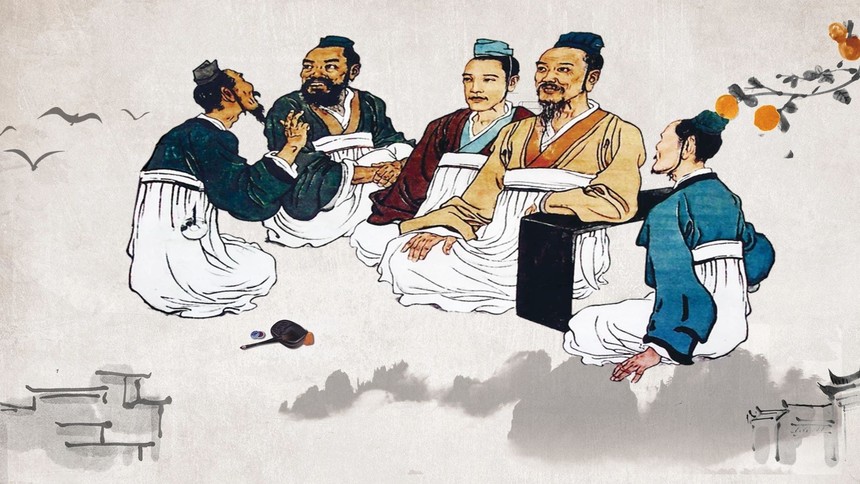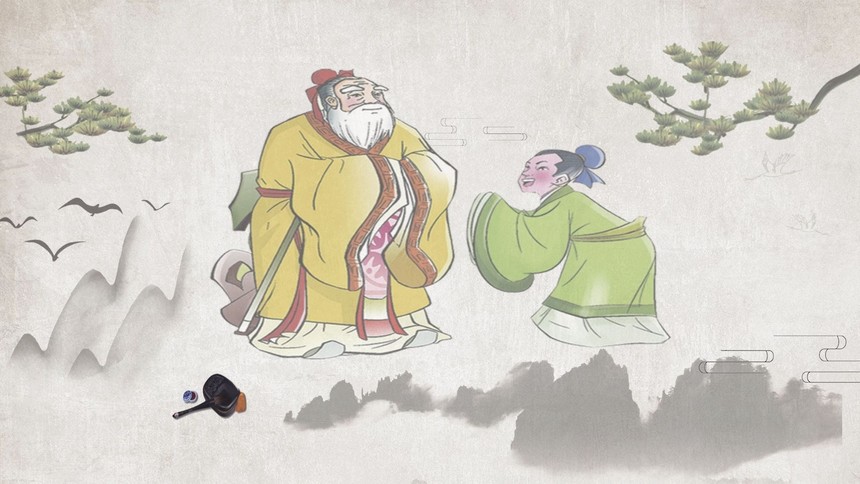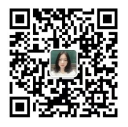
China is not a country of religion but of doctrines. Not only the basis of philosophy and religion in the Middle Kingdom, these three doctrines also influenced the customs and traditions of the Chinese people.
Confucius, teacher of all students
Confucius, a great Chinese thinker and philosopher who lived in the 6th-5th centuries BC, is at the origin of the main ideas governing the life of the Chinese. In his time, although he taught his thought to more than 3,000 students, he was not recognized and died somewhat in anonymity. He opened the doors of his teaching to any young apprentice regardless of his origin or his social rank. He is therefore often nicknamed the teacher of all students. Having written nothing of his own, it was his students who took up his remarks in the book Interviews of Confucius and many other writings.

Confucius bases himself on the principles of benevolence "ren", of self-governance by the "li", of virtue, "yi", and of harmony to dictate the rules of conduct in society. The key to his thinking is therefore to love his neighbour, to be in harmony with the world around us. All this is done in the hope of finding an ideal society.
“It is always possible to learn something from others, even if their status is lower than ours”

Five moral ties thus govern everyday life: the parent-child, master-subject, brother-brother, husband-wife and friend-friend relationships. The first member must take care of the other who in return must respect and obey him. Thus, the emperor must watch over his subjects who owe him allegiance in return and the parents raise the children who owe them respect and obedience. The cult of the ancestors also occupies an important place and it is customary to go to their tomb to commemorate them at least once a year, for Chinese All Saints Day, the Qingming Festival.
It also emphasizes achieving the ideal society by sharing knowledge. Indeed, it is always possible to learn something from others, even if their status is lower than ours. So he said "walking with two people, I find my teacher among them".

A System of Electing Chinese Officials by Exams on Confucian Thought
This is why he advocates the system of keju, that is to say imperial examinations. Not judging anyone based on their rank, it is thus possible to reach the top of the bureaucracy by educating themselves and becoming a scholar. This system of electing Chinese officials through examinations on Confucian thought was formalized in 605 AD and lasted until the end of the Qing, around 1905. But, already among the Han, at the beginning of our era, these examinations were applied.
His doctrine has its origins in the reading of 5 sacred texts written well before his birth: the Book of Historical Documents, the Book of Odes, the Book of Changes, the Book of Rites and Ceremonies and the Book of Spring and Autumn Annals.
For more knowledge about Chinese culture, contact us!











